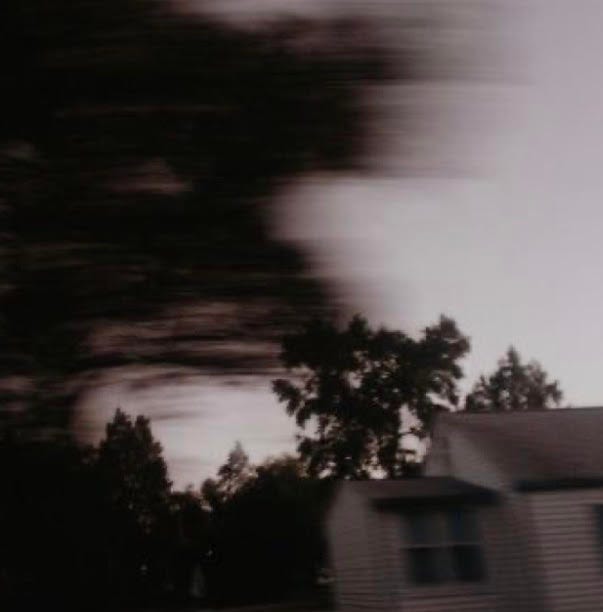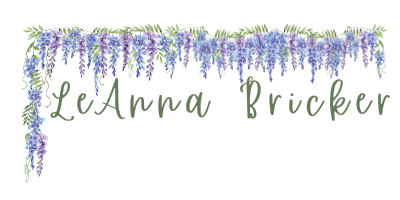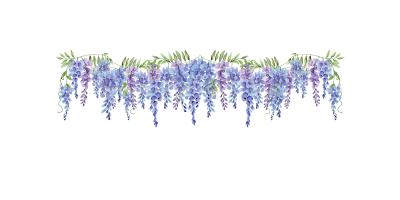She grew up in one of those houses that looks small on the outside but is even smaller on the inside. One of those white houses turned green on the sides from moss growth and no one to care about washing it away. The kind where the mailbox didn’t close right, and the doorbell didn’t ring at all. Where all the floorboards were either noisy or loose and neither the air conditioning nor the water knew what temperature was appropriate.
She grew up in one of those families where daddy yelled when the beer ran out and mama cried when no one was looking. One of those families where mealtimes didn’t mean anything consistent, and cereal was a main course. The kind of family that didn’t know what a hug could do for a kid like her, the kind that didn’t know the impact of saying ‘I love you’.
She was the kind of kid that didn’t have a lot of friends. Kids are mean at baseline, but they’re meaner to those they think are below them. She was the kind of kid that got free lunches at the school. The kind of kid that the counselor knew well. The kind of kid the teachers all kept a close eye on, and the bus drivers always sighed with relief at the sight of. As if the house she walked out was going to swallow her whole one day.
There are a lot of things said about houses and families and kids like that. They usually start in disgust and sometimes end in pity. People often think they know a lot about things that they have no clue about.
What people don’t talk about, is that she had two choices. She realized her choices early on, just as she was silently celebrating a lonely transition into thirteen. About the same time that daddy was starting to get mean even when the beer didn’t run out and mama had no more tears to cry. Numbness has a name and it’s called depression, but it gets ignored if it lives in a dirty house. Around the same time that the kids at school were rhyming her name with unflattering adjectives. Bullying has a lot of names, but they all get ignored if they live in big houses.
Her two choices where simple: melt into a mold that was already built for her, before she was born, a mold that would shape her into a woman like her mama who had a temperament like her daddy. Or make her own mold. A second mold.
What people don’t talk about is that the poor girls can be smart too. Sometimes smarter because they have no friends or boys to distract them and nothing else to lose but hope itself, which happens to be a really strong motivator. She had two choices and two paths. The first path, to the first mold, would mean believing when the cute boys said they thought she was interesting. Believing them when they said she was more down to earth than the popular girls. Believing them when they said that they could love a girl like her. Poor girls with big hopes do stupid things for cute boys with rough hands and she was pretty sure that’s how her parents wound up with her. The second path, to the second mold, meant reading all the heavy books they send home with you from school. Meant memorizing all the big terms that were unfamiliar. Meant asking questions even when the other kids would snicker around her. Meant not caring about anything else but learning.
What people don’t talk about is how she had two jobs when she turned sixteen and inherited a beat up something or other that daddy called a car. One of the jobs wasn’t an option because daddy’s checks he magically got in the mail for going nowhere and doing nothing didn’t stretch far enough for his addiction and mama’s medicine. Cereal still needed to be put on the table. The other job was for that second mold. The one where she could go to college.
What people don’t talk about is that she graduated top of her class but still didn’t make valedictorian. Classmates and their families don’t want a poor girl from the house with a daddy addicted to alcohol and a mama addicted to pills representing them as a student body. Even though no one was there to represent her. Even though she got three scholarships to a local college and government money to pay for the rest since her parents were below a pay bracket. The government doesn’t pay for the fancy colleges, but this was her second mold and she created it herself.
From kindergarten all throughout high school, people wanted to talk about her. Label her. Mock her. Distance her. The thing about college is, there’s no bus to pick you up so no one at the school has to know that daddy piles the trash on the front porch now and mama stopped cleaning the dishes.
She needed a major but that was easy: social work. She was familiar with child services in the same way some kids are familiar with summer camp, in that they come around every year and stay awhile. She was familiar with the broken system because what they don’t talk about is that those poor girls from those broken families in those little dirty houses, they remember it all. They remember all the times child services sent them back home with a safety plan. They remember every face that promised things would get better. Every name of the ones who were supposed to help rescue them but didn’t. She understood from a young age that the system doesn’t want to break up families, but she also understood that sometimes families need to be broken up, so kids aren’t broken.
The little house she grew up in is caving in now. Daddy had died in a drunk driving accident her sophomore year of college and mama overdosed sometime after that. She stood outside the house, staring at the overgrown lawn and the mess that never got picked up. At the roof that collapsed inward during the big storm a year ago. She stood there with her diploma in hand and could almost see herself standing on the porch, a baby on her hip.
That first mold waving goodbye to her as she walked away into her future.
Let’s continue the conversation:
Is there a second mold you chose for your own life?
How does this story resonate with you?
Want to read more Little Bits of Everything?
A short story about Walking in Love rather than falling in love
The important conversation of Hanging Out with Friends in Adulthood and how that looks different than when we were younger
A letter on the toxic Postpartum Bounce Back Culture in our society and how to change the conversation
A favorite on Millennial Fathers breaking generational cycles
One of my most popular letters: When I Grow Up
A letter to a grandmother that I lost too soon, What I Would Say Now





Leanna, this was so moving and relatable. It really touched me. I relate. I have been a teacher for decades and have seen so many situations like this. You have beautifully and achingly captured this life, our biases and these feelings of this girl. Beautiful.